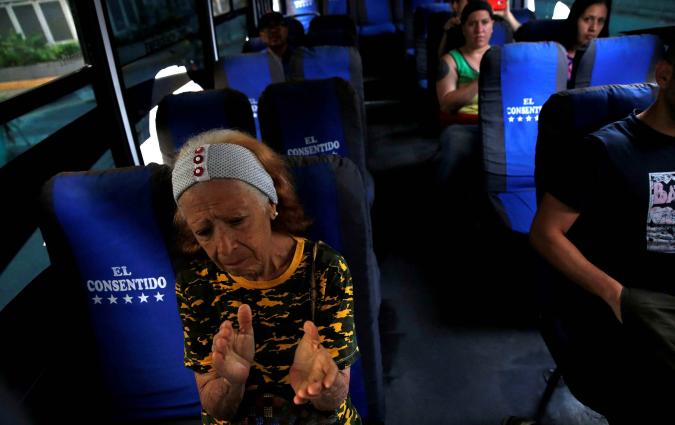Here are the stories of 5 reporters persecuted in Ukraine for doing their job in the past
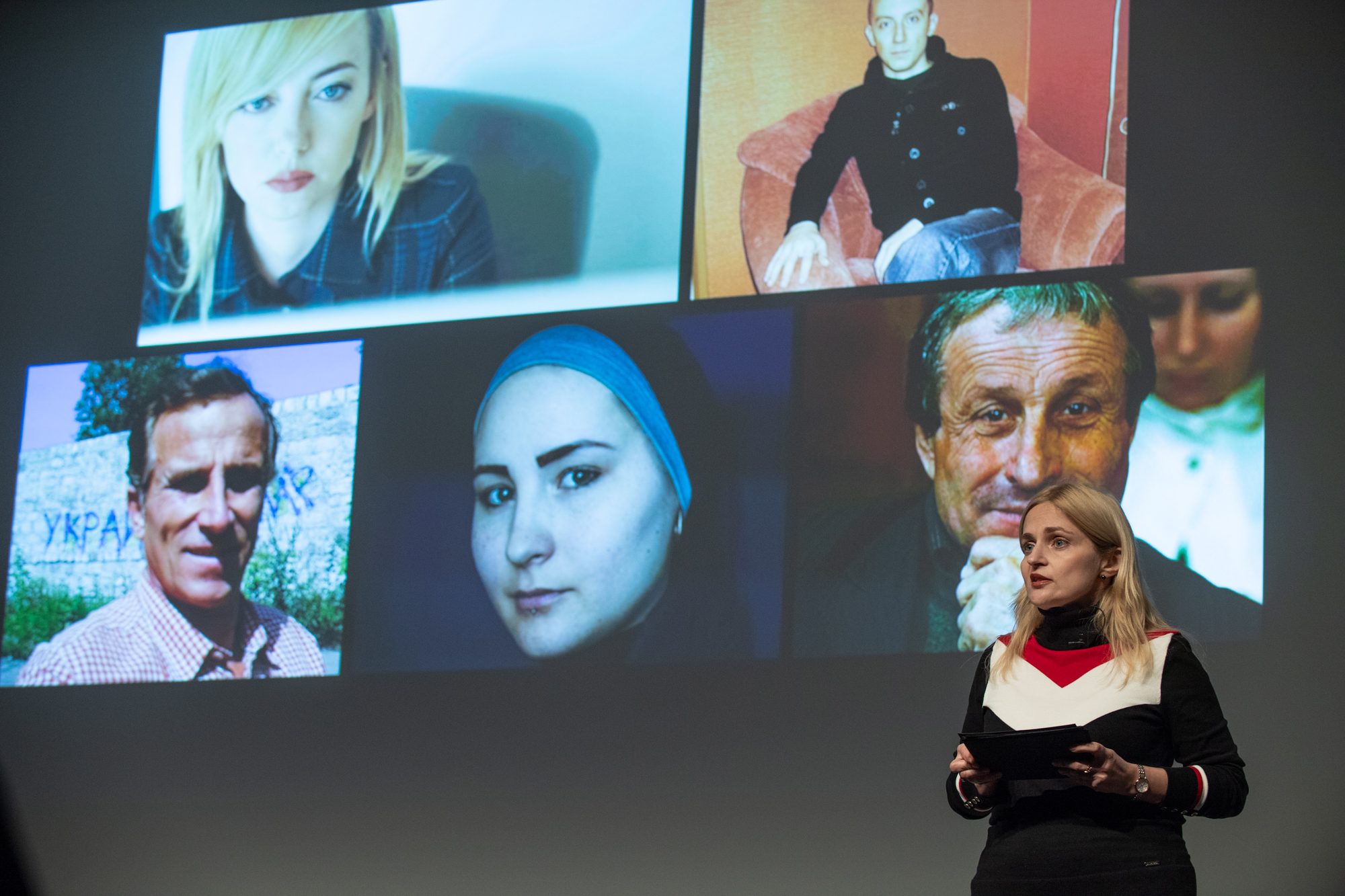
This is an edited transcript from a talk given by Maryana Drach at the winter symposium, delivered by our Journalist Fellows, in December 2019 at the Royal Society, London. Since her talk, there have been several developments which are outlined at the bottom of this piece. The events featured in this piece happened years before the Russian invasion of Ukraine, which started in February 2022.
I work as the director of the Ukrainian Service of Radio Free Europe/Radio Liberty. I have been responsible for all our coverage since spring 2013. Ukraine is the only European country at war. It has been forced to defend itself for more than five years.
Ukraine is also a European country where anti-corruption reporting or whistleblowing can cost you your life. I am going to tell you the stories of five people from my own newsroom. Each is different. But each will tell you something similar: the danger of operating as an independent journalist or blogger in Ukraine.
Some of these journalists work in occupied areas, such as parts of Eastern Ukraine and the Crimean peninsula. But even those who work with me in Kiev can’t avoid grave risks.
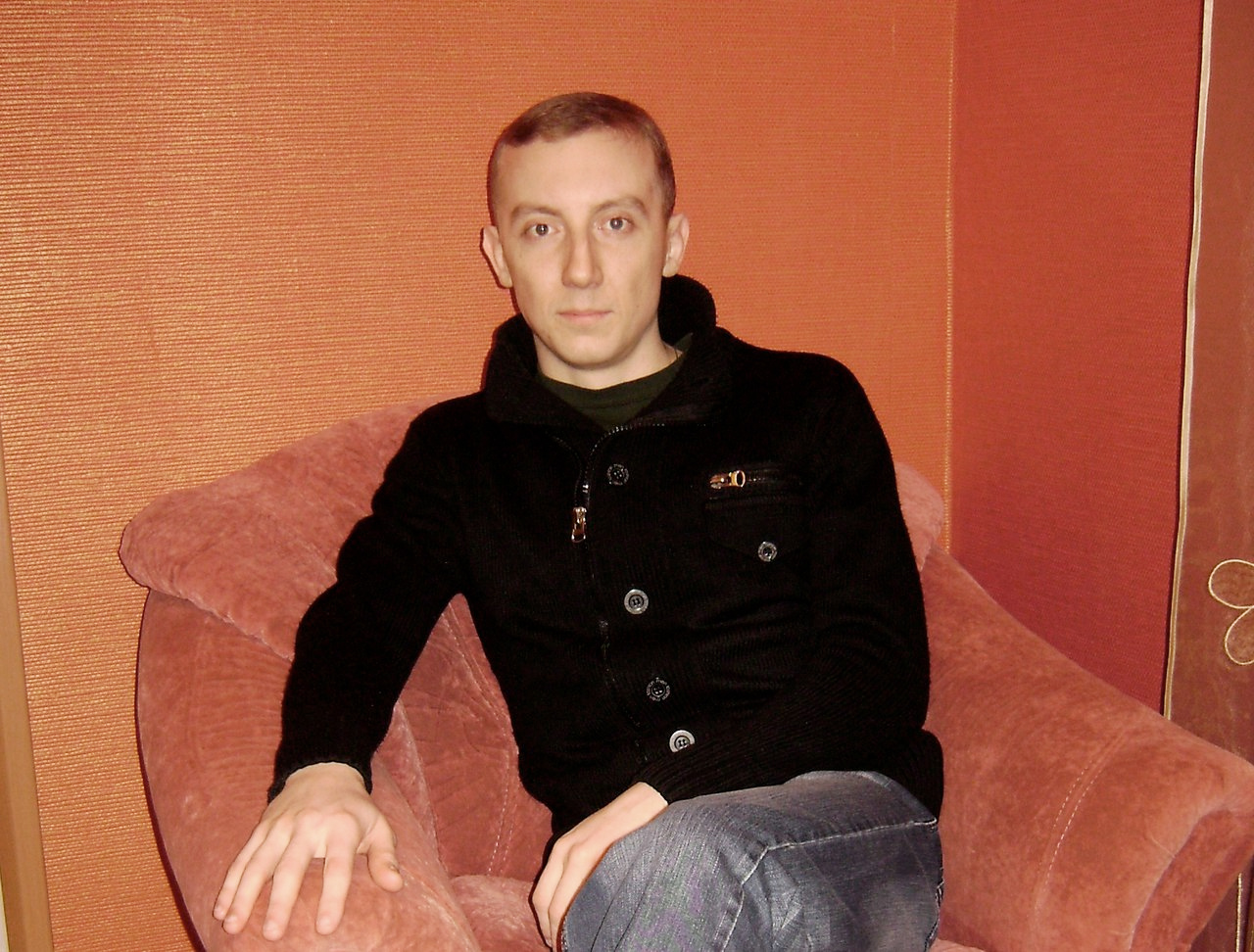
The first journalist I want to tell you about is Stanislav Aseyev from Eastern Ukraine.
In spring 2014 Russian-backed forces took over Stanislav’s hometown, Donetsk. Most journalists left the city but he decided to stay. Stanislav was one of the very few independent voices there. He kept doing his job. He reported for our website and later for radio about all aspects of life in Eastern Ukraine now under control of Russian-led forces. Stanislav had said: “We will be defeated not in the field, but when the last person with a Ukrainian dream will leave”.
In the spring of 2017 Stanislav was captured. Since then he has been in prison. That means that he has already spent three birthdays behind bars. He turned 30 in October.
Despite all our efforts, we have had very little information about him. But there are some things we have learned. One is that he has been tortured. The other is that at one point Stanislav went on hunger strike.
This October we learned that Stanislav was sentenced to 15 years in prison. The reason? Espionage. Last year we saw the only video of Stanislav in captivity. It was shown on Russian state TV. In this video Stanislav admits he is a spy. We have analysed the footage very carefully and strongly believe that Stanislav’s confession was forced. However, there is a little beacon of hope. Stanislav might be exchanged during a prisoner swap. These negotiations depend on Russia.
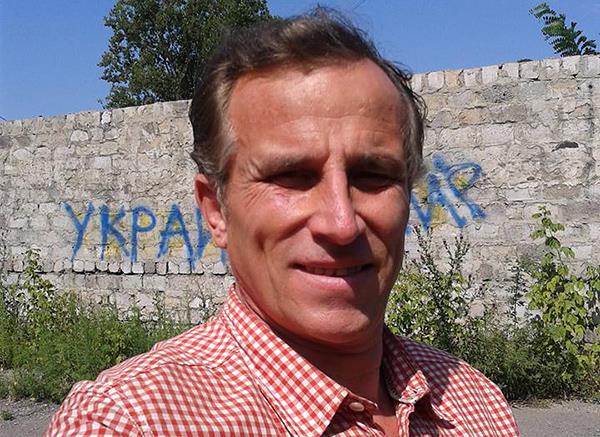
The main character of my second story is Oleh Halazyuk.
Oleh is from a Ukrainian city called Torez. He is a former university teacher who holds a PhD. When the occupation began, Oleh started reporting to our website from his hometown, just like Stanislav.
Both have anonymously contributed to a project called ‘Letters from the Occupied Donbas’. We modelled this project after the BBC’s ‘Letters from ISIS’. Oleh reported about schools, gas shortages, and about the MH-17 flight that was shot down by Russian-backed separatists in the summer of 2014.
In August 2017 Oleh was detained. Why? After two years, we still have no clue.

I would also like to tell you the story of photographer Alina Smutko. Alina has been documenting the everyday life of Crimeans, including Russians, Ukrainians and Crimean Tatars. Alina has taken us to Epiphany celebrations in Sevastopol and she has shown the world how family life of Crimean Tatars was destroyed after their loved ones were put on trial.
In Crimea concerns about religious extremism are often used to punish any dissent. In February 2019 Alina tried to enter annexed Crimea once again. This time she was stopped. She cannot enter Crimea for nine years on Russian national security grounds.
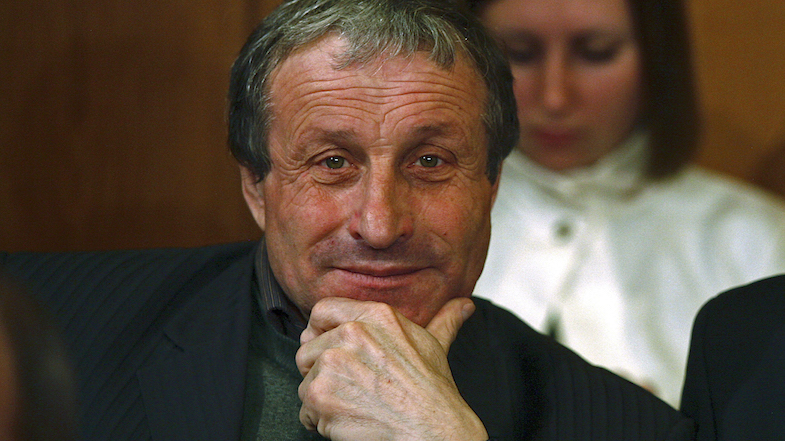
I next want to tell the story of Mykola Selena, a very experienced Ukrainian journalist. He has written hundreds of reports. In April 2016 Mykola’s house was searched along with seven other people. He was suspected [of wrongdoing] in co-operation with my newsroom. I asked myself: what did we do wrong? Could we have protected him better? Mykola was convicted. The reason was one of his blogs. It was about the economic blockade of the Crimean peninsula.
There is a particular law in Russia. If you say that Crimea belongs to Ukraine you can be put in prison for up to five years. Mykola Semena received a two-and-a-half-year suspended sentence, and has been prohibited from practising journalism.
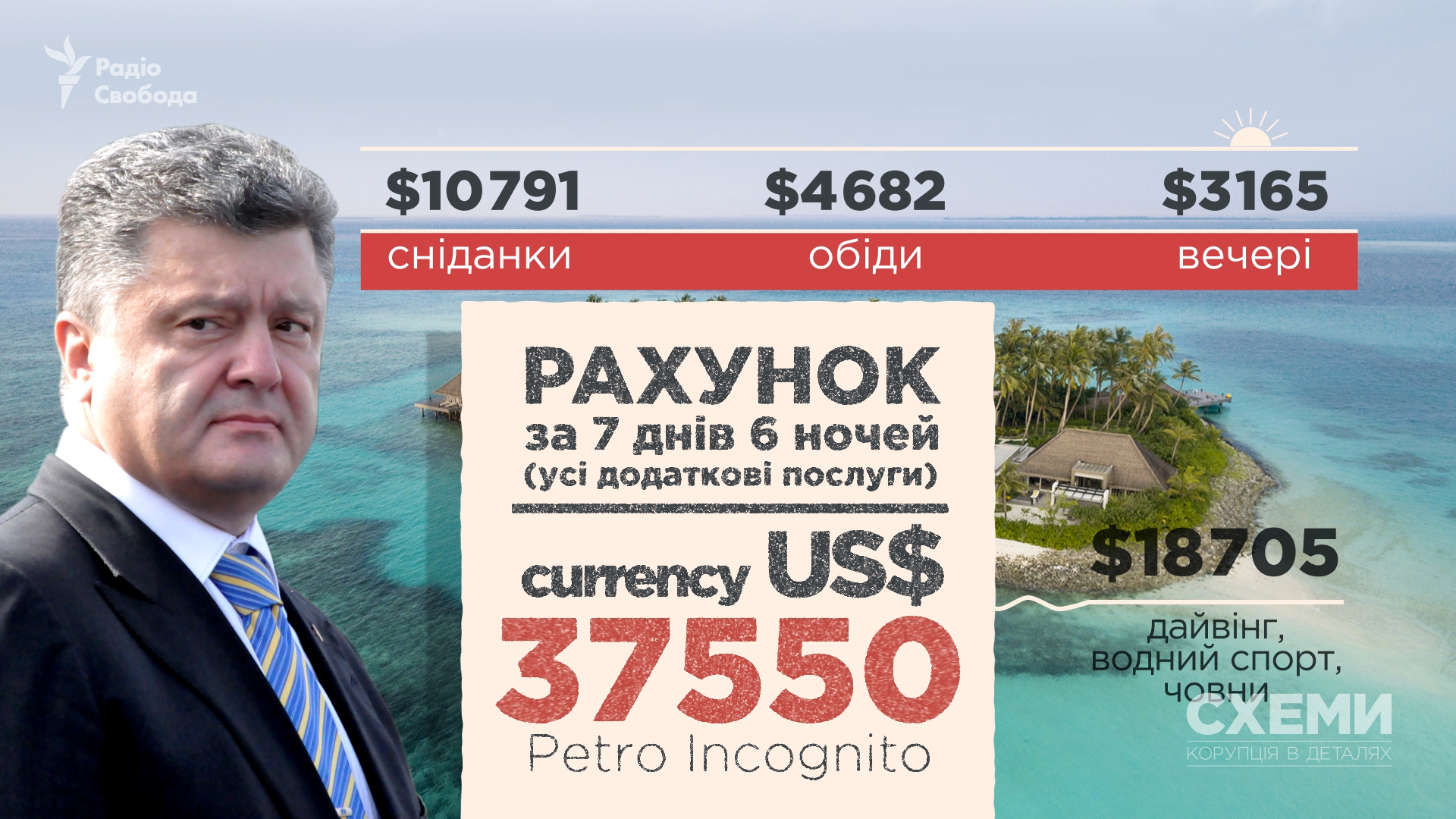
My colleagues are facing pressure not only from Russia, but also from their own country, Ukraine. If Ukrainian journalists report on corruption or on the shady deals of the Ukrainian authorities, they get a notice: 'You are rocking the boat’. On social media it gets worse. My colleagues who work in Kyiv have been called spies who work against their own country.
The fifth and final of my colleagues whose story I want to share with you is Natalie Sedletska. Natalie is the leader of our investigative team. In early 2018 we had a scoop. It was aired in the programme Sedletska runs. The story was about then-Ukrainian president Petro Poroshenko, who had spent his Christmas vacation in the Maldives.
President Poroshenko is a millionaire. So the question is not whether he could afford this luxurious trip. The question was how he crossed the border with his family and why his trip was kept secret. Remember: our country is at war.
What happened next? In the summer of 2018 the prosecutor general’s office requested access to Natalie Sedletska’s mobile phone but officials didn't get it. The European Court of Human Rights intervened to reject this demand.
In 2019 Ukraine had an election and the government changed. Now the State Bureau of Investigations launched a probe about the Maldives trip taken by the former president. Is this good news? Not really.
In October the court ruled that our newsroom has to provide all the information about the presidential trip, including how the story was exactly edited. We had a discussion on the limits of privacy before going on air. The government investigator also wanted to know the salaries of our journalists and cameramen. If we refused, searches could follow. We had to go to court ourselves.
If officials are going against journalists, this will encourage others as well.
Former politician and lawyer Andriy Portnov doesn’t want Natalie Sedletska's team to report on him either. In November he published the license plates of our newsroom cars and home addresses of drivers for our television crews. “I will release private and personal information on all of you to the 10th generation,” Portnov promised.
When I became the director of the Ukrainian Service of Radio Free Europe/Radio Liberty six years ago, I could not have imagined how much time we would have to spend on seeking legal support. This is the part of our work that is not often discussed. It has to happen behind the scenes. It includes digging out information about colleagues who have been held captive.
So what happened to these journalists?
We heard about Stanislav Aseyev and Oleh Halazyuk from former inmates who were in prison with them. Mykola Semena can't leave Crimea to get the medical treatment he urgently needs. Without the work of photographers like Alina Smutko we would know much less about everyday life in Crimea. And on the last story I told I have to say: investigative reporter Natalie Sedletska is the strongest woman I know.
My colleagues are fearless journalists who have worked hard, been persecuted and harassed. And because of what? Because they believe that the people have the right to know.
Watch the video of Maryana's talk
An update: March 2020
After I gave my talk, we have received good news. RFE/RL’s Ukrainian Service contributors Stanislav Aseyev and Oleh Halazyuk were exchanged during a prisoner swap with Russian-backed separatists on December 29, 2019.
I was able to meet both Stanislav and Oleh in Kyiv during my winter break. While Aseyev was sentenced to 15 years, we learned that Halazuyk received a 16-year verdict. Both indictments condemn cooperation with my news organisation. Aseyev is writing a book about his ordeal behind bars. The first excerpt, published on our website, describes how he was tortured.
On February 18, 2020, Crimean journalist and author Mykola Semena was able to leave the annexed peninsula to get medical treatment. Before that, in January, the court in Simferopol had lifted his house arrest, Semena’s name was also excluded from the Russian list of ‘extremists and terrorists’. However, it is increasingly difficult to report from the territories not controlled by the Ukrainian government. Mykola Semena’s release came days after Taras Ibragimov, another of our contributors, was barred by Russia’s Federal Security Service from entering Crimea for 34 years.



